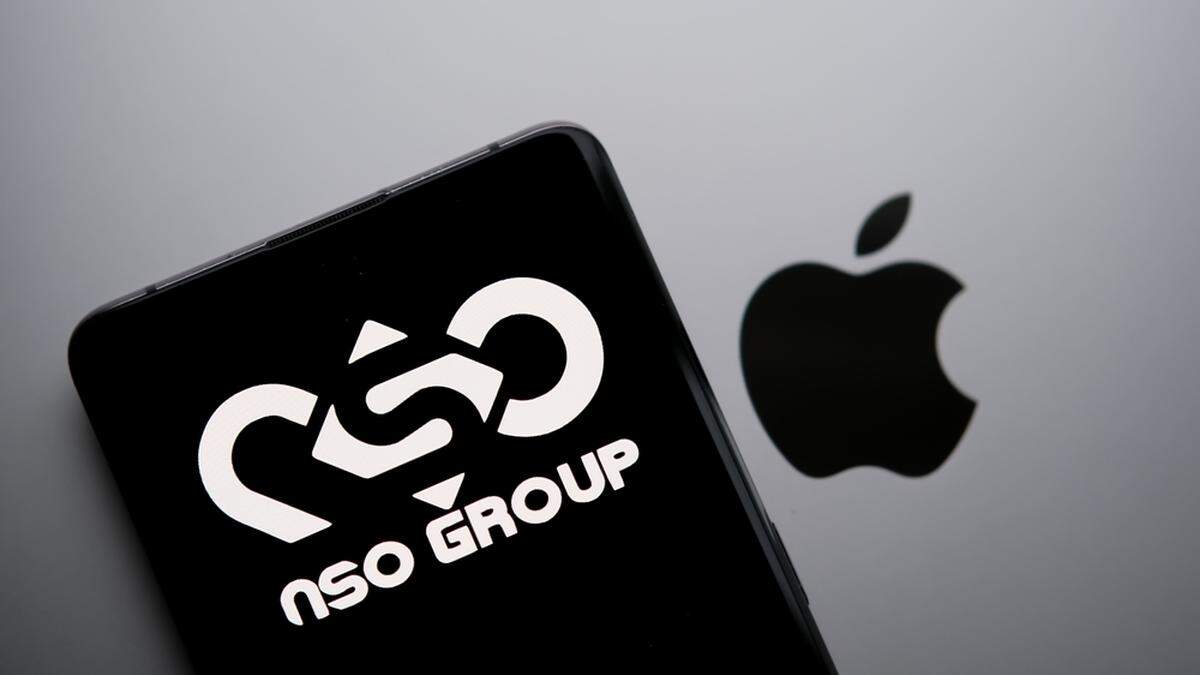A coalition of NGOs has urged the Luxembourg government to impose sanctions on Israeli spyware firm NSO Group and called on the country’s sovereign pension fund to divest from companies allegedly linked to human rights abuses in Gaza.
The demands, made during a demonstration in the capital on Monday, are part of a broader campaign against surveillance technology used in armed conflicts and alleged repressive regimes.
The protesters targeted NSO’s corporate presence in Luxembourg, where several subsidiaries operate, including Q Cyber Technologies, OSY Technologies, and Circles Technology. These entities have played a role in the global distribution of the Pegasus spyware, according to an investigation by Amnesty International.
The NGOs, organised under the banner Collective for Palestine, allege that despite mounting evidence of abuse, Luxembourg has not followed the example of the United States, which placed NSO Group on its entity blacklist in 2021, citing national security risks and the company’s alleged involvement in transnational repression.
Pegasus spyware has been used to target journalists, dissidents and human rights activists around the world, often without judicial oversight. The tool can infiltrate smartphones without user interaction, accessing messages, calls, and even activating cameras and microphones.
NSO claims to sell its products exclusively to governments for the purpose of combatting terrorism and organised crime. However, multiple investigations, including the Pegasus Project, have shown its use against civilians and critics of authoritarian regimes.
NGO demands on Luxembourg’s pension fund
Alongside the call for sanctions, Collectives for Palestine and supporting organisations are demanding that the Fonds de Compensation (FDC), Luxembourg’s sovereign pension fund, divest from arms companies allegedly profiting from Israel’s military action in Gaza, as well as from firms allegedly supporting Israeli settlements in the occupied Palestinian territories.
They accuse the FDC of violating Luxembourg’s legal obligations under the July 2024 International Court of Justice ruling, which prohibits investment in the illegal Israeli occupation.
The campaigners say the FDC holds shares in 17 Israeli companies blacklisted by the UN for supporting settlements, including Bank Hapoalim, Bank Leumi, Bezeq, Cellcom and Shufersal. They also allege the FDC is invested in Elbit Systems, Israel’s largest private arms manufacturer, which has developed technologies such as armed drones and autonomous targeting systems.
According to the FDC’s latest annual report, it had investments worth over € 1.1 million in Elbit systems as of 31 December 2024. Its stake in the other companies mentioned by the NGOs totalled roughly € 1.5 million at the end of last year.
The Luxembourg Times has reached out to the FDC asking whether the fund still has investments in all Israel-linked firms and whether it seeks to divest from them.
